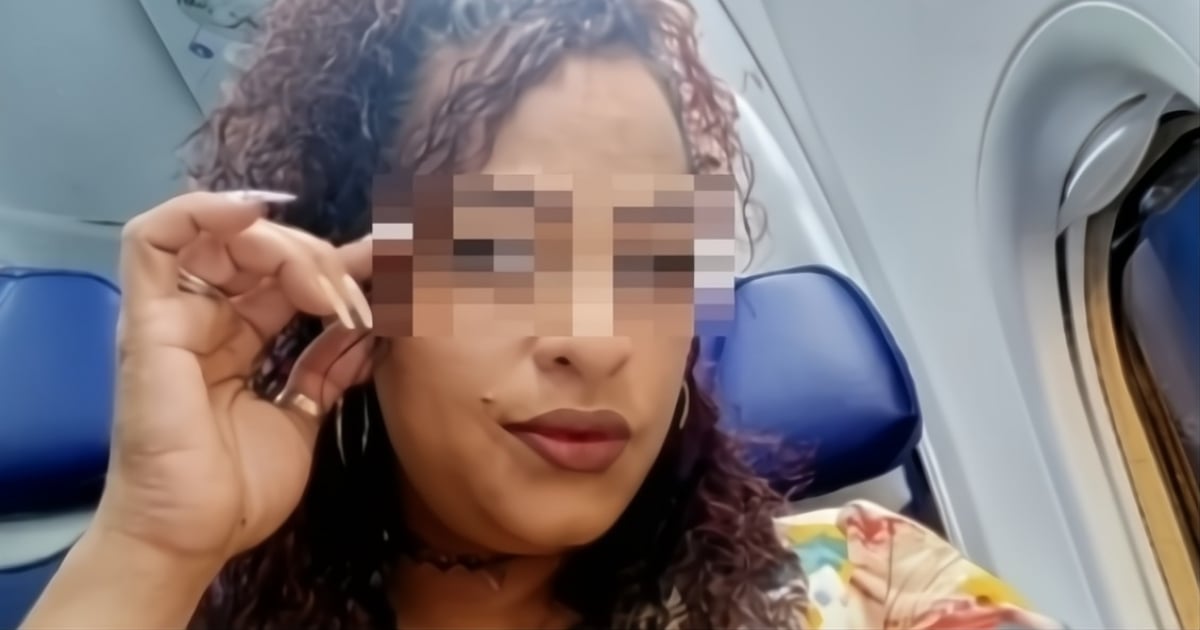Mirtza Ocaña, a 39-year-old Cuban national, is set to receive her sentence on November 18 in a federal court in Tampa, Florida, after admitting to smuggling more than $102,000 in cash into the United States. The hearing, which will be overseen by Judge Kathryn K. Mizelle, is scheduled for 10 a.m., as confirmed by the Central District of Florida's prosecutor's office to the news outlet Café Fuerte.
Ocaña was detained on February 5 at Tampa International Airport during a standard inspection. Customs and Border Protection (CBP) officers found $102,709 in undeclared cash hidden in her luggage and among her clothing. Upon questioning, she confessed to receiving payments between $1,000 and $2,500 per trip for bringing large sums of undeclared money from Cuba to the U.S.
Since May 2023, Ocaña had made 45 trips between the U.S. and Cuba, purportedly for family reasons and alleged courier business activities. Authorities, however, are probing the possibility of a larger smuggling network behind these cash movements.
Her attorney, Juan C. Mercado, contends that there is no evidence of such a network and describes Ocaña as an individual "with no criminal record and a history of good behavior," who made an "error" in failing to declare the cash. Mercado is hopeful that Judge Mizelle will consider these factors and impose a lenient sentence, although Ocaña faces a maximum penalty of five years in federal prison.
Throughout the legal proceedings, Ocaña considered cooperating with authorities to potentially reduce her sentence but ultimately declined due to the stringent terms set by the federal government. After being found guilty in August, the upcoming sentencing on the 18th has garnered significant attention.
Speculation and Allegations: Unfounded Claims
Speculation arose linking Ocaña to former Cuban Minister of Economy Alejandro Gil Fernández, who was ousted in February amid serious corruption charges. Her lawyer dismissed these rumors as "absurd," asserting there is no connection between his client and the Cuban regime.
The Homeland Security Investigations team, along with Assistant U.S. Attorney Michael J. Buchanan, has been handling the case, emphasizing the gravity of the charges, which include smuggling and conspiracy with an unidentified person to transport illicit funds into the U.S.
U.S. law allows for the import of any amount of cash, provided it is declared if exceeding $10,000. This regulation is in place to combat money laundering and criminal activities, such as terrorism financing.
